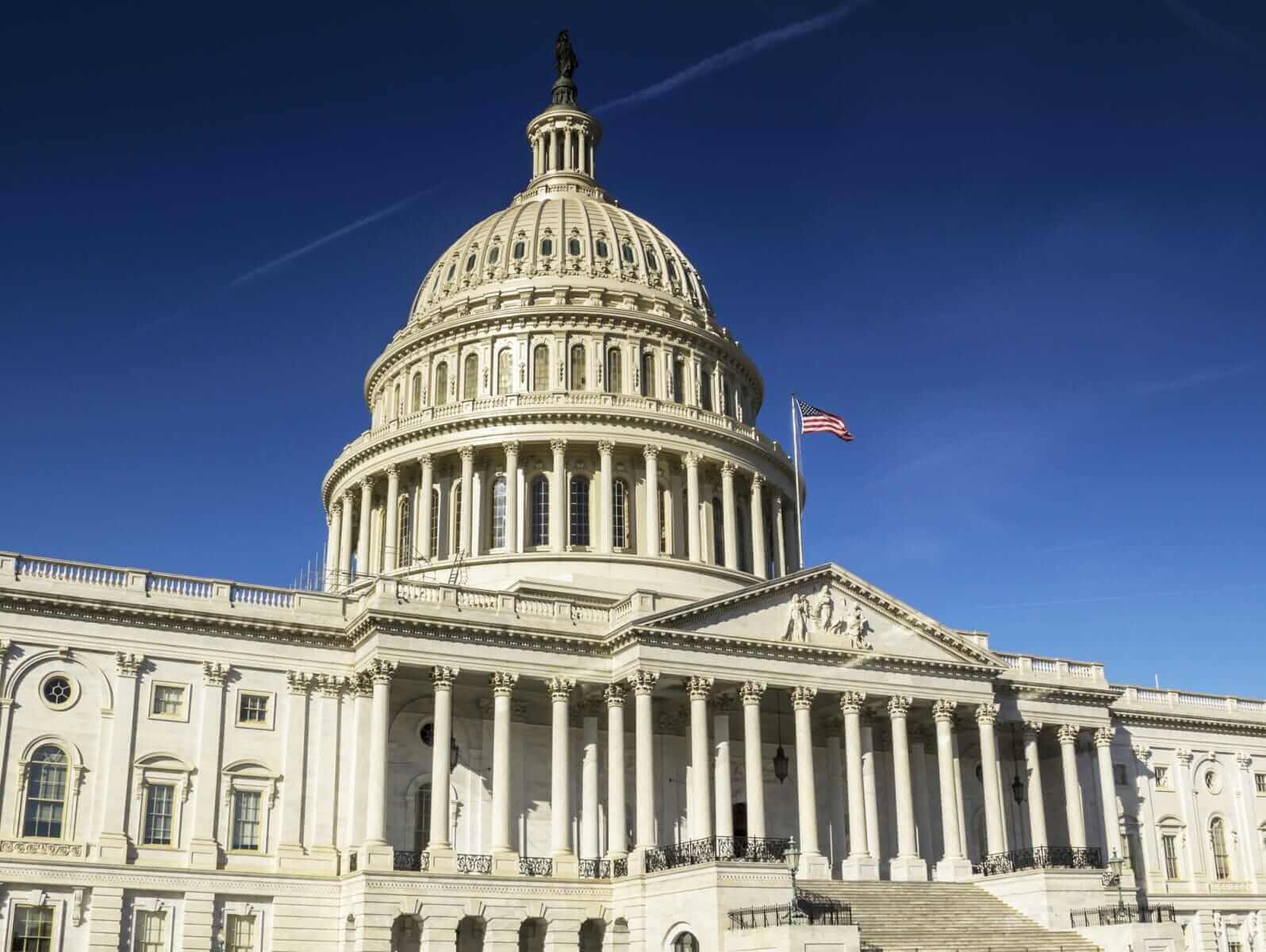Copyright The Boston Globe

Still, the housing crisis persists. Unemployment insurance is a mess. Workers are being stretched thin by costs for child care and health care. Those are reasons enough for lawmakers to reject a bill that would increase by 10-fold the amount of offshore income that’s subject to the state’s 8 percent corporate tax. Instead of squeezing businesses, the Legislature should first rein in spending. Catch up: The tax hike is being pushed by Raise Up Massachusetts, the same labor-funded coalition that backed the millionaires tax. The proposal would boost to 50 percent the share of global intangible low-taxed income — a.k.a. GILTI — that would be taxable by the state, up from 5 percent today. GILTI is the foreign profits of US multinationals that aren’t taxed by countries at rates similar to the US. Supporters say the GILTI tax increase would bring in revenue needed to offset the loss of funds resulting from the GOP’s “One Big Beautiful Bill Act” and the Trump administration’s spending cuts. They justify targeting overseas earnings because “global mega corporations conceal their profits in offshore tax havens.” Why it matters: Corporate taxes are already too high, even after the adoption of the “single sales factor” that will lower rates for some businesses. Moreover, the increase wouldn’t provide much of a buffer against federal cuts. “Is this the final straw for Massachusetts businesses?” Christopher R. Anderson, president of the Massachusetts High Technology Council, said in an interview. “It will certainly make a difference when they are deciding where to locate.” The big picture: Despite recent improvements, the state is still widely considered unfriendly to business. Last week, the right-leaning Tax Foundation once again put Massachusetts near the bottom in its annual state tax competitiveness rankings. Massachusetts also received poor scores for cost of living, cost of doing business, and business friendliness in CNBC’s “Top States for Business” survey — though it ranked 20th overall thanks to strong grades for access to capital, education, and technology and innovation. As my Globe colleague Jon Chesto reported, most states don’t tax offshore income. That includes key competitors such as North Carolina, Florida, Texas, and California. Of those that do, and have economies comparable to Massachusetts, most tax a small portion. In New England, however, Maine, New Hampshire, and Vermont tax 50 percent of offshore profits. At the federal level, GOP tax law changes may boost many companies’ GILTI tax bills. The case against: In a blog post last week, the Massachusetts Opportunity Alliance said Raise Up was promoting a “misguided tax hike . . . taking aim at Massachusetts’ business community.” The alliance was formed a year ago by three business organizations — Mass High Tech, the Massachusetts Competitive Partnership, and the Pioneer Institute — to advocate for policies to strengthen the business environment. In its critique, the group called out Raise Up’s assertion that the GILTI change would generate “over $400 million” in revenue. The state Department of Revenue has a much lower estimate: as much as $75.5 million in the current fiscal year and up to $151 million annually thereafter. Mass Opportunity also noted that state spending has risen at a faster pace than personal incomes or inflation. Caveat: Raise Up underplays the state’s vulnerability to federal spending cuts. “Massachusetts is one of the country’s least-reliant states on federal funding,” it said, noting that the revenue department estimates that federal tax cuts will cost only 1 percent of the current state budget. Yes, this year, federal tax changes will have an insignificant impact, but overall, one-quarter of the state’s $61.7 billion in expected revenue this year comes from federal reimbursements. As I noted in a previous column, Governor Maura Healey and lawmakers have taken steps to fortify the state’s finances. But more work will likely be needed to protect critical services, avoid tax increases, and mitigate the economic pain caused by Washington’s assault on the region’s core health care, education, and science sectors. Unfortunately, Healey recently released $125 million in funding for lawmakers’ pet projects that she had held back since July amid signs of an economic slowdown. The Legislature overrode just more than half of Healey’s budget vetoes. Spending rose an average of 4 percent over the past three years. Final thought: The modest revenue gain that the GILTI tax increase would bring isn’t worth the hit to the state’s business climate. Until Beacon Hill shows some fiscal discipline, they should leave businesses alone.



